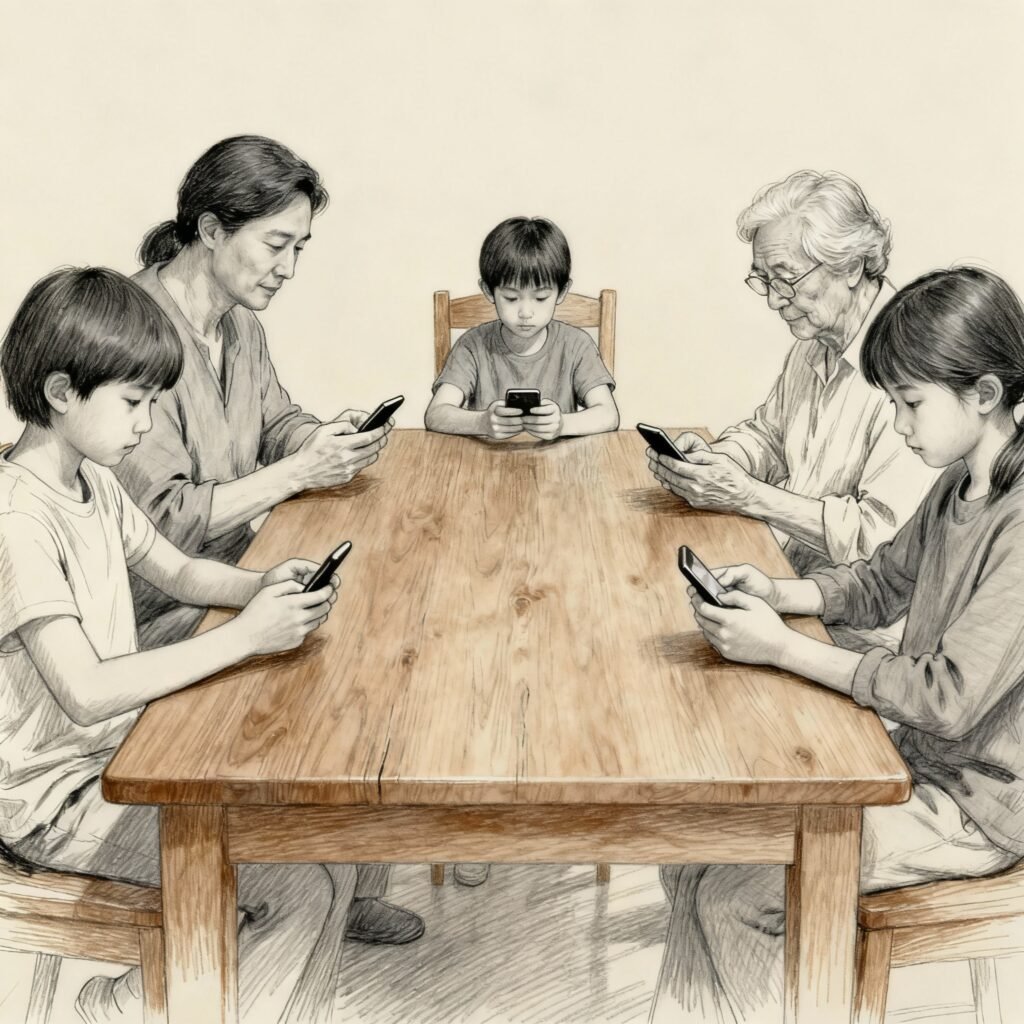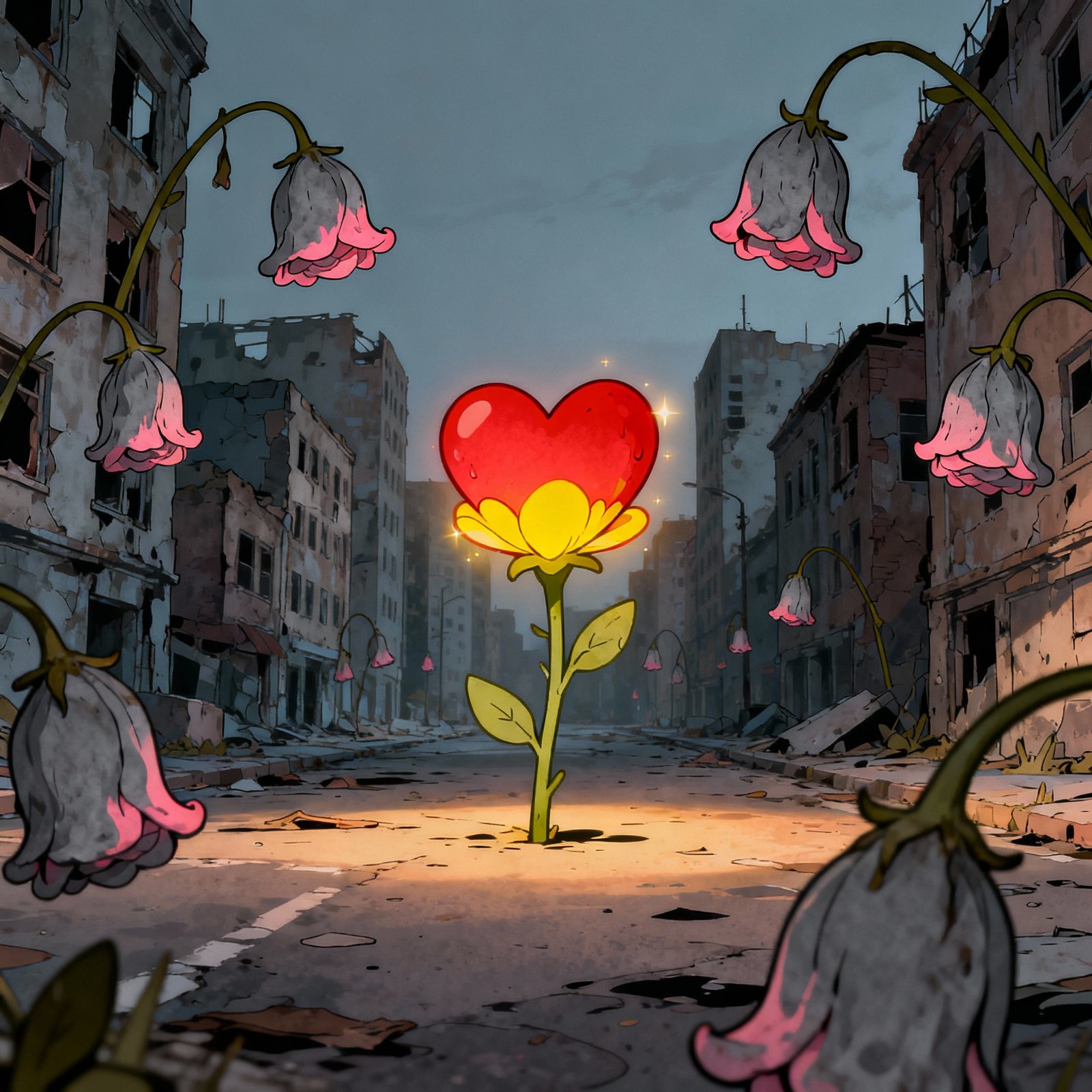In a love starved world, people don’t even notice the slow leak in their emotional fuel tanks until the engine sputters—metaphorically speaking, in the form of loneliness, sarcasm overload, or an unusual attachment to their pet goldfish. This emptiness is not just about romance; it’s about the absence of kindness, empathy, and human connection that makes us feel seen, heard, and valued.
The Circumstances – How We Got Here
If history teaches us anything, it’s that even love has to compete with deadlines, traffic, binge-worthy streaming series, and endless scrolls of social media posts that mostly feature avocado toast instead of affection. In ancient times, love was expressed through handwritten poetry and genuine face-to-face conversations—now it’s reduced to an overused heart emoji and “u up?” text messages.
Key contributing factors:
- Digital Overload: We’re more connected than ever, yet more emotionally distant. Messaging without meaning has replaced meaningful interaction.
- Work-Life Imbalance: People dedicate more time to work emails than to telling their partners they matter.
- Hyper-Competitive Culture: In an achievement-obsessed society, affection looks like a distraction rather than a necessity.
- Fear of Vulnerability: Opening up means risking rejection, so people armor up emotionally—and end up building walls instead of bridges.
Why We Are Love Starved
In this love starved world, affection is rationed like a luxury commodity instead of flowing freely. Imagine a city where hugs have to be booked in advance via an app and the average “I love you” is delivered with the enthusiasm of a robot reading a weather report.
The main psychological drivers:
- Perceived Scarcity of Time: People believe deep connections require hours they “don’t have.” In truth, it often takes less than a minute to make someone feel valued.
- Transactional Mindset: We often treat relationships like business deals—investing only when there’s a guaranteed “return.”
- Emotional Fatigue: Constant exposure to distressing news, corporate demands, and personal struggles leads to compassion burnout.
- Overemphasis on Self-Sufficiency: While independence is healthy, avoiding reliance on others creates emotional deserts—where feelings go to die of thirst.
Humorous note: Many of us behave like love camels—stockpiling affection during the honeymoon phase and then attempting to survive three years without refilling the emotional well. Spoiler: it doesn’t end well.
Situations and Examples from a Love Starved World

Office Life: The last compliment you heard at work was directed at the coffee machine.
Family Table: Everyone swipes at their phones while the food gets cold; grandma’s joke goes unnoticed except by the cat.
Public Spaces: People stand shoulder-to-shoulder at bus stops but would rather faint from dehydration than ask a stranger for water.
Romantic Dating: Courtship now begins with “Netflix password sharing” rather than flowers, and ends with “I think we should see other people… but still share Prime delivery.”
Direction to Take – Bloom the Love Again
If we want to break free from a love starved world and cultivate a society that blooms emotionally, it requires deliberate, consistent action. Here’s the roadmap:
1. Practice Micro-Affection
Smile at strangers, say “Thank you” with real warmth, compliment a colleague. These tiny acts accumulate into massive emotional deposits.
2. Reclaim Time for Connection
Dedicate at least ten minutes a day to pure human interaction—without screens, without multitasking. Even a tea break conversation counts.
3. Normalize Vulnerability
Share feelings openly and encourage others to do the same. Vulnerability is the real fertilizer for love’s growth.
4. Humor as Affection
Make people laugh—not at their expense, but in mutual joy. A shared joke builds comfort faster than a contractual meeting about “strengthening relationships.”
5. Replace Transactional Thinking with Giving
Offer kindness without calculating payback. A hug, a listening ear, or an “I believe in you” costs little but pays huge dividends in emotional wealth.
6. Love Literacy Programs
Schools, workplaces, and communities should actively teach and reward expressions of compassion—making emotional intelligence as essential as technical skills.
12-Step Emotional Revitalization Plan for a Love Starved World
In this love starved world, we don’t need a grand revolution—we need a gentle evolution of the heart. These 12 steps blend humor, human psychology, and small habit shifts that can turn emotional deserts into blooming gardens of connection.
1: Admit We’re Starved
Before change begins, we have to confess: “Yes, I’m love deficient.” Many people run on emotional autopilot, confusing busyness with fulfillment. The first step is awareness—seeing how often we substitute scrolling for soulfulness.
Humor prompt: If your last genuine conversation lasted less than your phone’s screen time alert—congratulations, you may qualify for a Love Deficiency Grant (emotionally funded, not government approved).
2: Rehydrate Daily
Just like water, love needs regular intake. A kind message, a listening ear, or a compliment can restore someone’s spirit faster than an espresso shot.
Try this: Every morning, text or tell one person something encouraging. Watch how one sentence of care changes the mood of your entire day.
3: Digitally Detoxify
We confuse digital noise for connection. In truth, real love begins when the Wi-Fi slows down. Decide on “no-phone hours” each day: talk, cook, laugh, or stare blankly at the ceiling together—anything but scroll.
Bonus: You’ll rediscover family members you thought had moved out years ago.
4: Laugh Therapy for the Soul
Laughter is the most underrated love language. Humor diffuses tension, lowers defenses, and invites authenticity. Build playful moments into your life—compliment badly sung karaoke, celebrate burnt chapatis, laugh at your seriousness.
When humor replaces hostility, love sneaks back in through the kitchen window.
5: Give Without Accounting
Modern relationships suffer from “emotional bookkeeping.” People mentally calculate, “I called twice, they should text next.” Burn the ledger. Give affection freely—because love multiplies only when unmeasured.
Example: Compliment someone’s shirt and don’t expect them to compliment your hair back. Revolutionary, right?
6: Restore Face-to-Face Contact
Eye contact is the Wi-Fi of the soul. Studies show oxytocin spikes when people look at each other while speaking. Start meeting people physically again—even if it means surviving occasional small talk about traffic or weather.
In a love starved world, eyes—not emojis—carry the signal.
7: Learn Emotional Vocabulary
Most people can describe their phone’s specs better than their feelings. Expand your emotional vocabulary. Use words like touched, hurt, grateful, inspired—they make invisible emotions visible and relatable.
Emotional illiteracy is the cause of many “you don’t understand me” debates.
8: Be Vulnerably Brave
Courage is not just about climbing mountains—it’s about saying “I miss you” without sarcasm or irony. Being vulnerable turns relationships from polite transactions into genuine connections.
Remember: armored hearts can’t hug.
9: Practice Compliment Recycling
Every compliment you receive, recycle it. If someone praises your smile, pass a compliment to the next person. This ripple of positivity transforms moods in entire workplaces, cafés, and families.
Think of it as “The Emotional Swachh Bharat Abhiyan.”
10: Rename Failure as Feedback
When relationships falter, people often retreat into cynicism. Instead, treat every heartbreak or misunderstanding as emotional feedback—not proof that love is extinct.
Even failed love stories teach us endurance, empathy, and what not to repeat at 2 a.m. on text.
11: Create Rituals of Connection
Love doesn’t sustain itself; it thrives on rituals. Morning tea compliments, Sunday walks, 9 p.m. “how was your heart today?” questions—simple habits that remind people they matter.
Consistency builds safety; safety allows love to bloom without fear of drought.
12: Radiate Love Publicly
Finally, take your emotional energy public. Smile at strangers, remember baristas’ names, and tip generously. When public spaces become affectionate, private lives blossom too.
A love starved world needs ambassadors—ordinary humans who radiate kindness without making a PowerPoint about it.
Bloom Vision – From Starvation to Overflow
The love starved world doesn’t have to stay desolate. Imagine communal dinners where phones are checked only after dessert. Picture workplaces where praise flows plentifully alongside bonuses, and public spaces where strangers actually greet each other—without suspicion.
Love is renewable energy, but unlike solar or wind, it needs constant human maintenance. We bloom the love not through grand gestures but through a thousand daily kindnesses that restore trust, joy, and connection. And if we fail? Well, there’s always the goldfish—who, in a love starved home, is probably the only living being getting regular eye contact.
A love starved world won’t transform overnight. But step by step—shared laughter, honest vulnerability, generous appreciation—we refill our empty tanks. The ultimate reward? A society where affection is no longer rationed like a scarce resource but flows freely, nourishing everyone it touches.
And when that happens, even your goldfish might wink in appreciation.






Love is a distortion in majority of minds. It’s defined by each as per their convenience and the perception of the world. It would take a great deal of shaking up oneself to understand or feel unadulterated love. In today’s materialistic world, it’s impossible. Crying is good, damn good. If it wasn’t good, we wouldn’t be blessed with that ability. We humans are guided by conditions and norms….sadly…badly…making us disconnected from being human.
Thank you for your kind opinion. I think one should be of a pure mind and heart to give or receive love. The world looks upon sensitivity as a weakness, however, sensitive people are highly awakened, wise and courageous enough to cry, yes courageous. I feel, it is more about learning and digging into our own selves that makes us wiser and human.